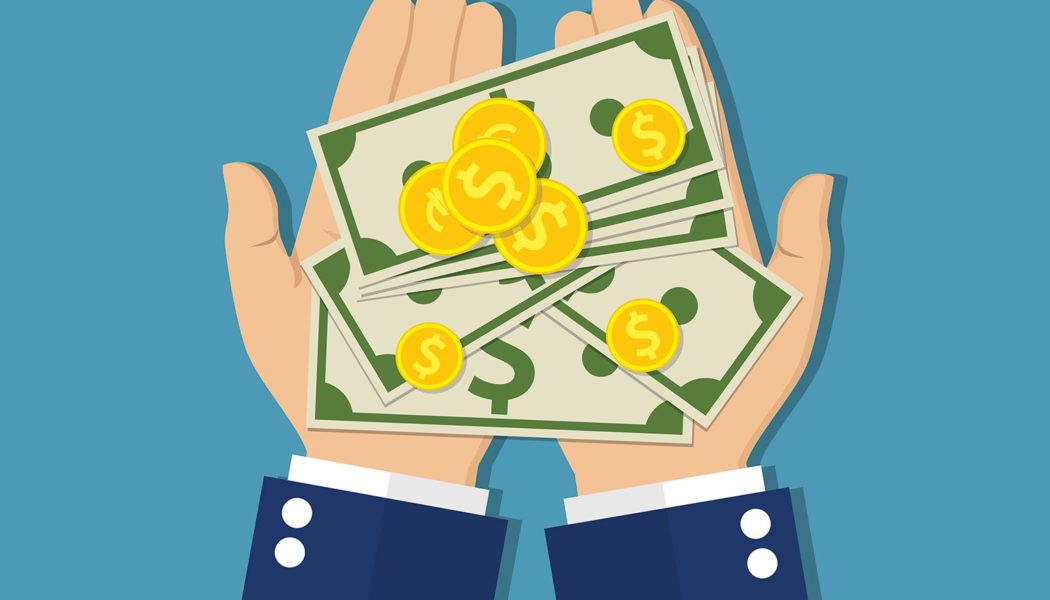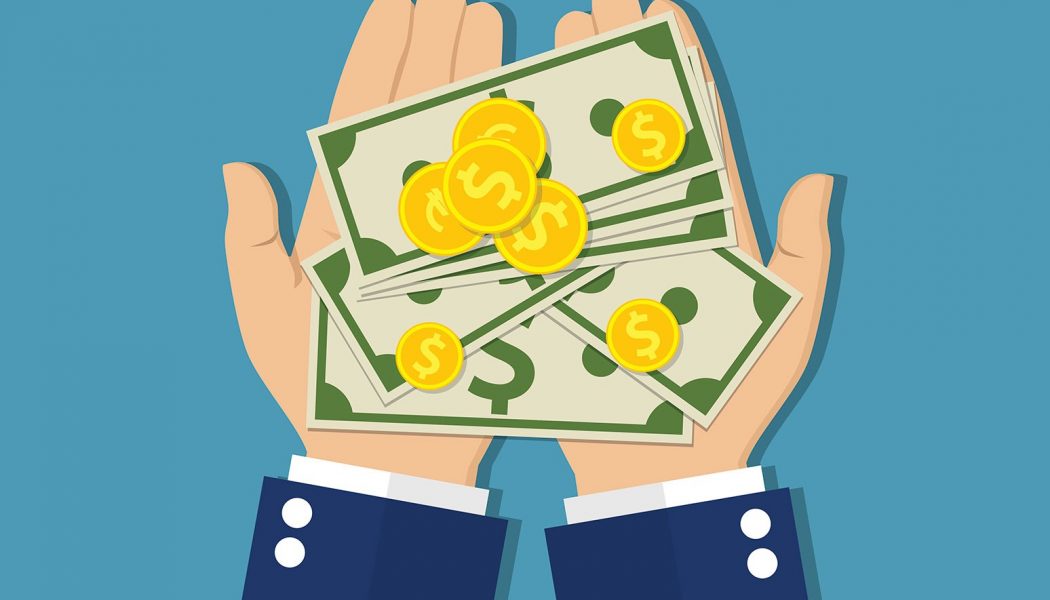Mechanical Licensing Collective
Copyright Office Recommends MLC’s Distribution of Pre-2021 Unmatched Royalties Not Occur for 5 Years
The MLC was created by the Music Modernization Act (MMA) to collect mechanical royalties from digital services and create a database matching recordings to rights owners. It is also tasked with collecting the right ownership information for each song and maintaining a database so that the correct rights owners and songwriters receive proper payments. Before the MLC was created and launched on Jan. 1 2021, this process was handled by the digital services and their consultants and resulted in some $424.3 million in unmatched royalties. Those funds have since been turned over to the MLC for distribution. The MLC must first try to match those royalties with the rightful owners of those songs, and it has three years to do so, according to the MMA. After that, if the correct rights owners can’t ...
MLC Collects $40M for January, Makes First Rights Holders Payments
Overall, the MLC said that the mechanical pool of revenues amounted to slightly more than $53 million in royalties, which means that direct deals between services and publishers account for approximately $13 million. The Music Modernization Act and its regulations allow the services to carve out, or withhold, that portion of royalty funds from the MLC and instead pay them directly to the publisher. What amount is actually paid to the publishers for those direct deals is unknown because a publisher with a direct deal might negotiate a rate higher than the statutory rate; and if they do, that higher amount comes out of the service’s pocket, not the mechanical pool. But even though the MLC doesn’t collect those funds, it still gets the play reports for songs that are involved in those direct ...
NMPA President: Unmatched Royalties Finally Turned Over to MLC Brings Insight and Progress (Guest Op-Ed)
How we got here is complicated. Separate from the effort to improve how much songwriters are paid from streaming is the challenge of even receiving the money at all. It’s been well known that streaming services were stockpiling unpaid royalties, and over the years that money continued to accrue with little recourse other than costly lawsuits that didn’t solve the underlying problem and threatened the growth we needed in a post Napster world. For over a decade experts have estimated, debated and debunked theories about how much was being held. Spotify, Apple, Amazon and others have long said they employed exhaustive searches for copyright owners. There have been congressional oversight hearings, studies done by the U.S. Copyright Office and industry experts, however the magni...





